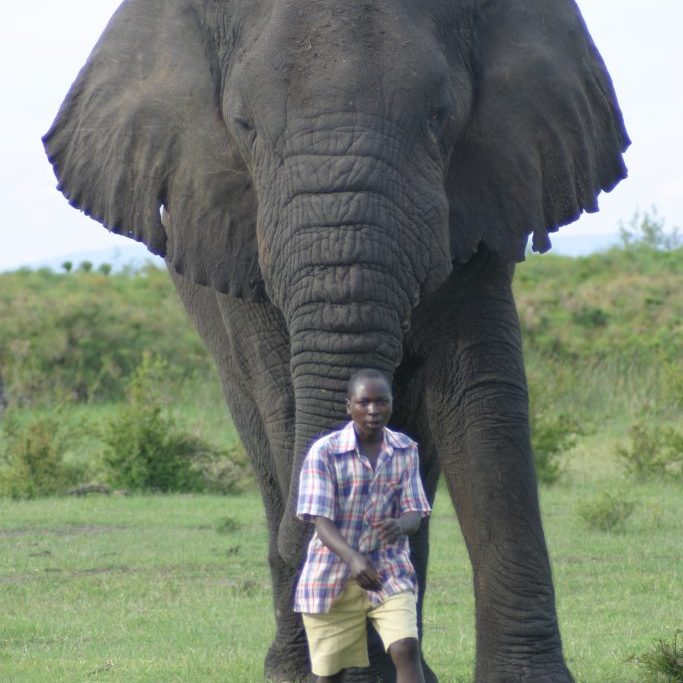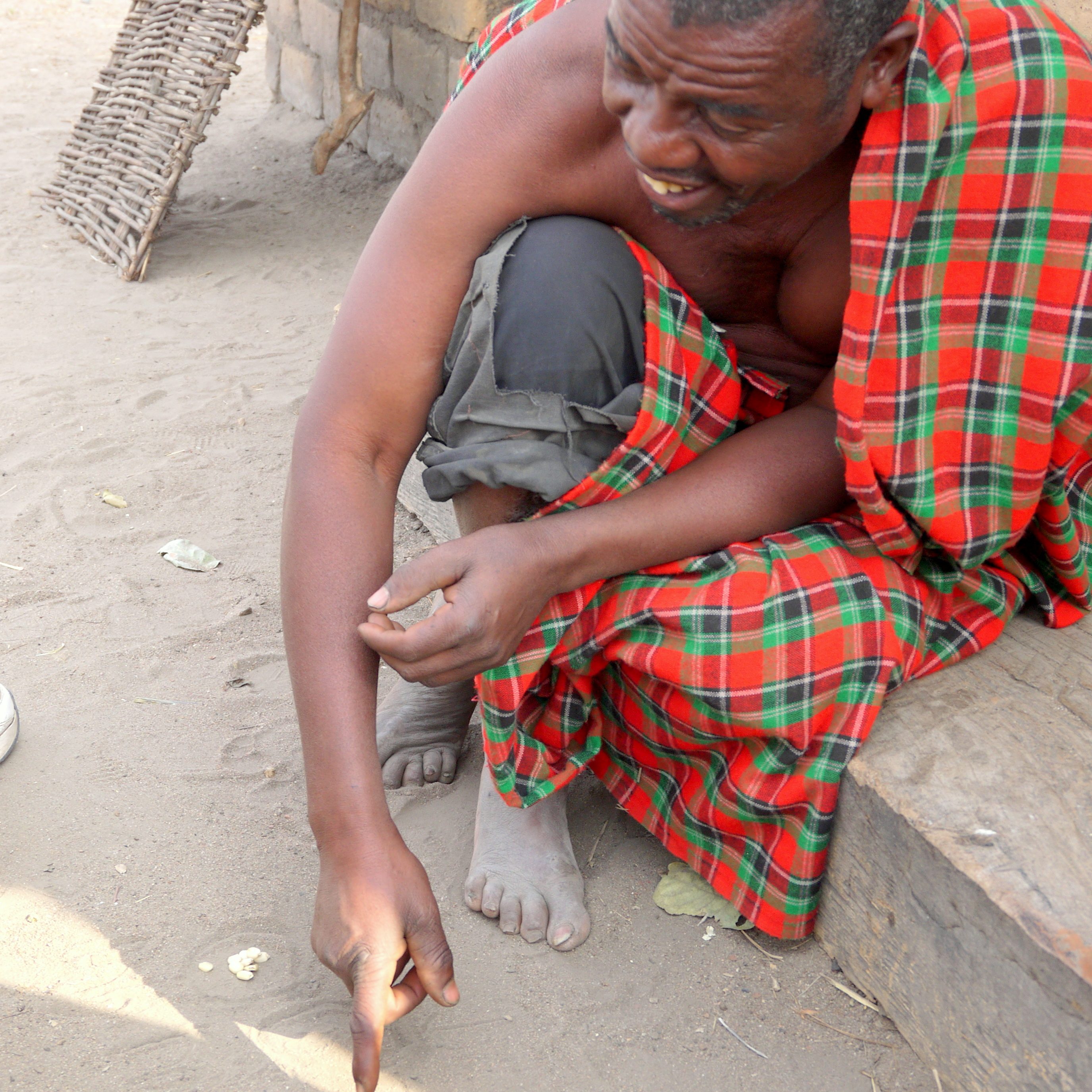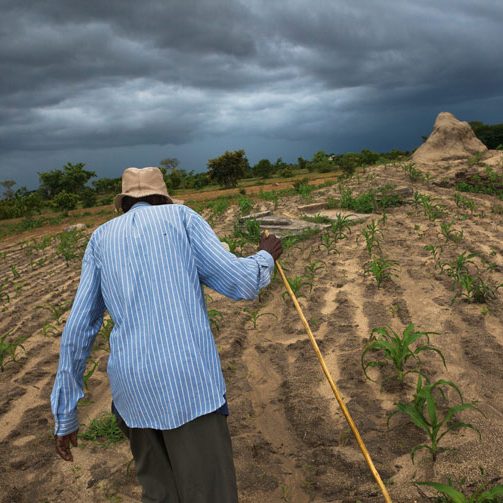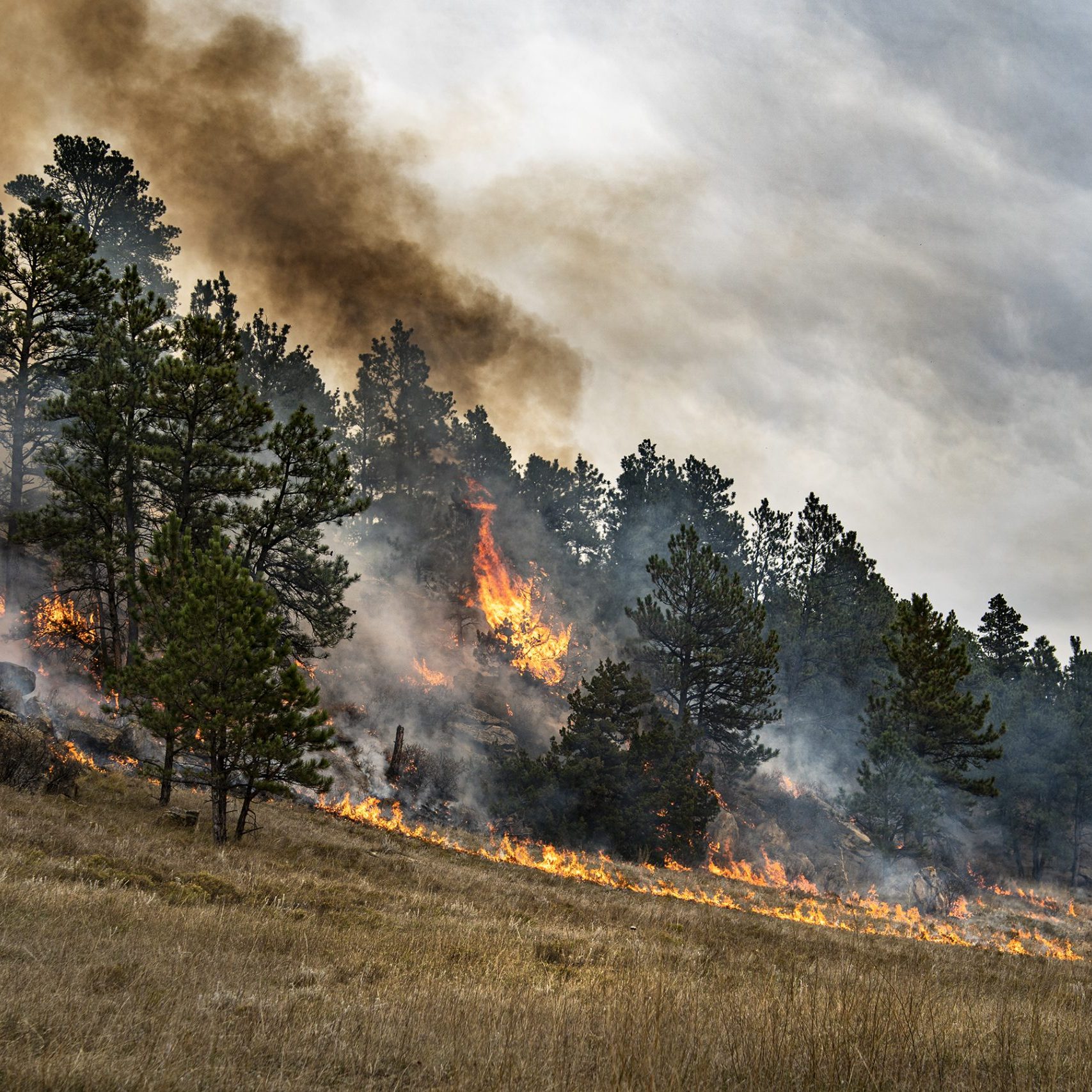Research topics
Human-wildlife conflict
Context
A longstanding problem with successful biodiversity conservation is that benefits like species protection or maintenance of biophysical systems are accrued nonlocally (sitting at my desk in Fort Collins, I perceive value in the existence of elephants), while costs are felt locally (those elephants will likely eat people's maize just before harvest). Parks authorities, NGOs, and the farmers and livestock keepers themselves take different actions to reduce these costs. The actions have implications for communities and the environment, often through unclear pathways.
Research questions
Can spatial landscape management strategies reduce the frequency or intensity of human-wildlife interactions?
Does ethnicity in an ethnically diverse landscape impact the responses to livestock depredation?
How might potential benefits from wildlife like tourism revenue motivate people to engage in cooperative behaviors to manage lands for conservation (see related projects below)?
Sites
Tanzania; Kavango-Zambezi, southern Africa; Colorado and the southern Rocky Mountains, USA


Human mobility & land change
Context
I've been interested in agropastoralist mobility in Tanzania for a long time, in particular the livelihoods of the Sukuma. Generalizing, Sukuma are hypermobile and hypersocial. And somewhat unique among migration systems, the vast majority of rural Sukuma are moving to frontier areas and not to cities. People's migration behaviors and subsequent livelihood decisions have implications for many important issues in Tanzania, both now and in the near future, like biodiversity loss, food security, and landscape planning.
Research questions
How do cooperative norms influence migration decision-making?
Using empirical behaviors and biophysical data from recent decades, is it possible to build a computational model that reasonably simulates migration responses?
How does in-migration near parks and protected areas impact biodiversity conservation and social norms of resident communities?
Sites
Tanzania
Climate observation & responses
Context
Farmers, livestock keepers, and rural resource users generally will increasingly need to adapt to changes in climate. In many areas, adaptive behaviors will be made based on individual observations of climate combined with social learning from others (like from extension agents or prestigious neighbors). My work in this area asks questions about how people construct mental models of climate, and make subsequent decisions. To boot, in areas where scientific climate data are poor pr nonexistent, farmers may be able to augment scientific data and inform better understanding of climate controls, like we're finding in western Uganda.
Research questions
How do farmers construct mental models of climate and climate change?
How are recent-ish climate changes (~last few decades) impacting livelihoods and resource use decisions?
Can farmers inform ground-based rainfall station measures and satellite-based rainfall estimates to improve understanding of regional climate controls?
Sites
Western Uganda


Cooperative norms, collaboration, & land management
Context
Natural resource management typically represents cooperative dilemmas, where group-beneficial positive outcomes (e.g., sustainable forests and wildlife populations) require individually costly behaviors (e.g., stinting on fuelwood and bushmeat harvest). The lab's interests here involve collaboratively managed resources, where users are the ones responsible for governance of their resources. We focus on the rules and norms in a population that can incentivize individuals to make decisions to conserve resources and participate in collaborative governance, and how those institutions will persist or fail.
Research questions
How can conservation interventions understand and support existing collaborative governance to incentivize land and wildlife conservation?
How are the individual behaviors that are important for collaborative governance (i.e., willingness to cooperate) patterned within and between small groups (i.e., communities or ethnic groups), and how are these traits transmitted?
What is the role of risk (e.g., wildfire) in shaping people's decisions within a collaborative governance context?
Sites
Western U.S., Tanzania, western Uganda
